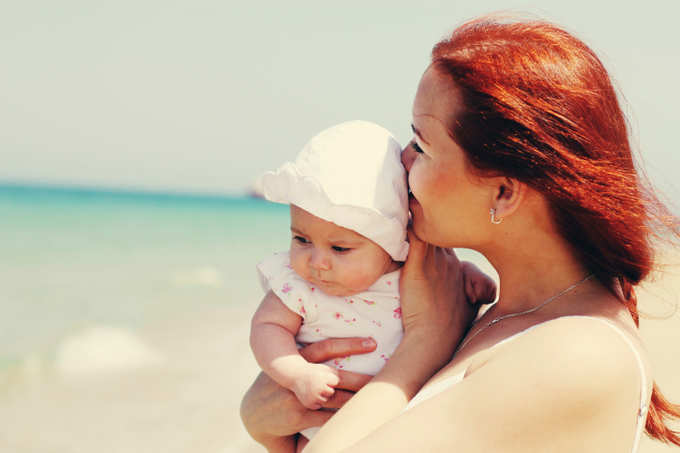 Adoption gives one the immeasurable happiness of parenting a child.
Adoption gives one the immeasurable happiness of parenting a child. India has over 30 million orphans and when you take into account the vast number of childless couples in India longing for a child, only 2,500 children were adopted last year.
A survey by
What are the problems that deprive countless children of a happy and secure life?
On paper, India has all the legalities of adoption worked out with the child’s welfare paramount. Any Indian, an Indian NRI or a foreigner aged 21 years and above, who is medically fit and financially able to take care of a child, is eligible to adopt a child in India.
The Hindu Adoption and Maintenance Act of 1956 governs adoption by India citizens who are Hindus, Sikhs, Jains or Buddhists and does not permit adoption of more than one child of the same sex.
Adoption by Indian citizens who are Muslims, Christians, Parsis, Jews, Indian NRIs and foreign citizens are governed by the Guardian and Wards Act of 1890 under which the adoptive parent is only the guardian of the child till its majority at 18 years of age.
NRIs and foreign adoptive parents must within a period of 2 years of guardianship complete the process of formally adopting the child under the adoption laws of their country of residence. Abandoned or abused children adopted by non Hindus come under the Juvenile Justice Act of 2000.
The
The problem with legal adoption is it takes anywhere between three to four years to complete the formalities. Over cautious and at times callous bureaucracy, burdensome legal formalities and paperwork, never ending delays all add to adoptive parent’s woes.
It takes almost two years for a home check of the adoptive parents. Many prospective parents drop out fed by the weary journey that often ends in bitter disappointment. Or they turn to private adoption agencies where once again they are either taken for a ride or unable to legally become adoptive parents due to lack of papers. NRIs and foreigners are unable to get a passport that will enable them to take their child with them.
Illegal trafficking has become so rampant that babies are disappearing from hospitals itself and the inflow to orphanages and adoption agencies has come down.
Indian couples face much more social and familial pressure than their western counterparts. They seek to adopt children who can conform to their ethnic, religious, social and cultural milieu. Other prejudices like sex of the child colour of the child and physical attributes and health are amongst adoption deterrent factors. Unlike western countries unhealthy or disabled children are rarely adopted by Indians.
Attitudes are slowly changing and several prejudices are being rooted out but ‘Adoption per se’ is not a very acceptable notion in India despite the lip service paid to it. Global preference for one’s own flesh and blood is also applicable in India.
But the main obstacles are legal and bureaucratic. Appalled at the state of affairs,
India’s Minister for Women and Child Development, the feisty Ms.
She also said under the new act CARA would get more teeth with the power to remove SARA (State
The Minister also announced the launch of ‘Foster Care scheme’ where the government will pay the foster parents the cost of parenting the foster child, a popular scheme in several countries like USA, UK, Canada, Japan etc. However in India foster care is mostly with relatives or as a pre adoption stage.
Government’s active change and support and changing social values coupled with the growing infertility rate will hopefully lead to an increase in adoption in India.
Image: thinkstock
